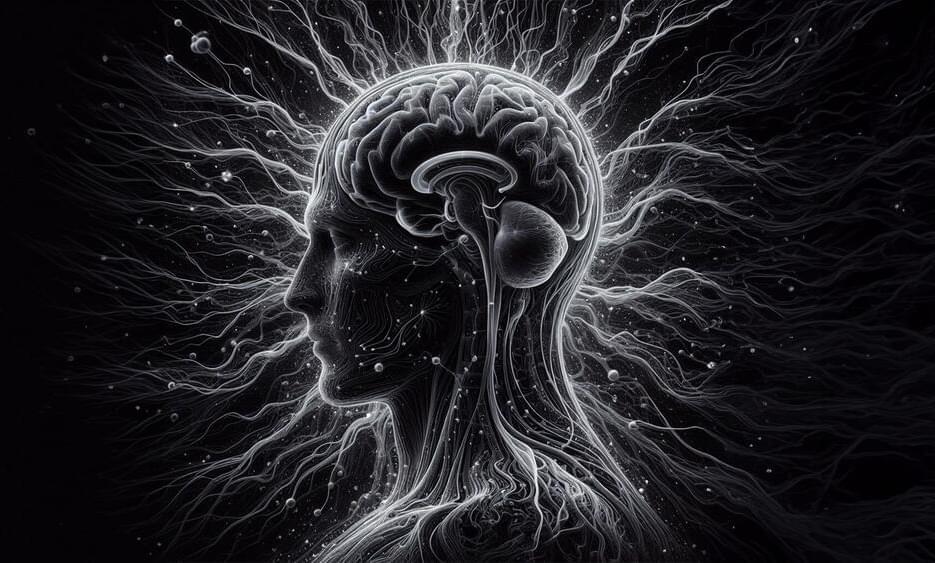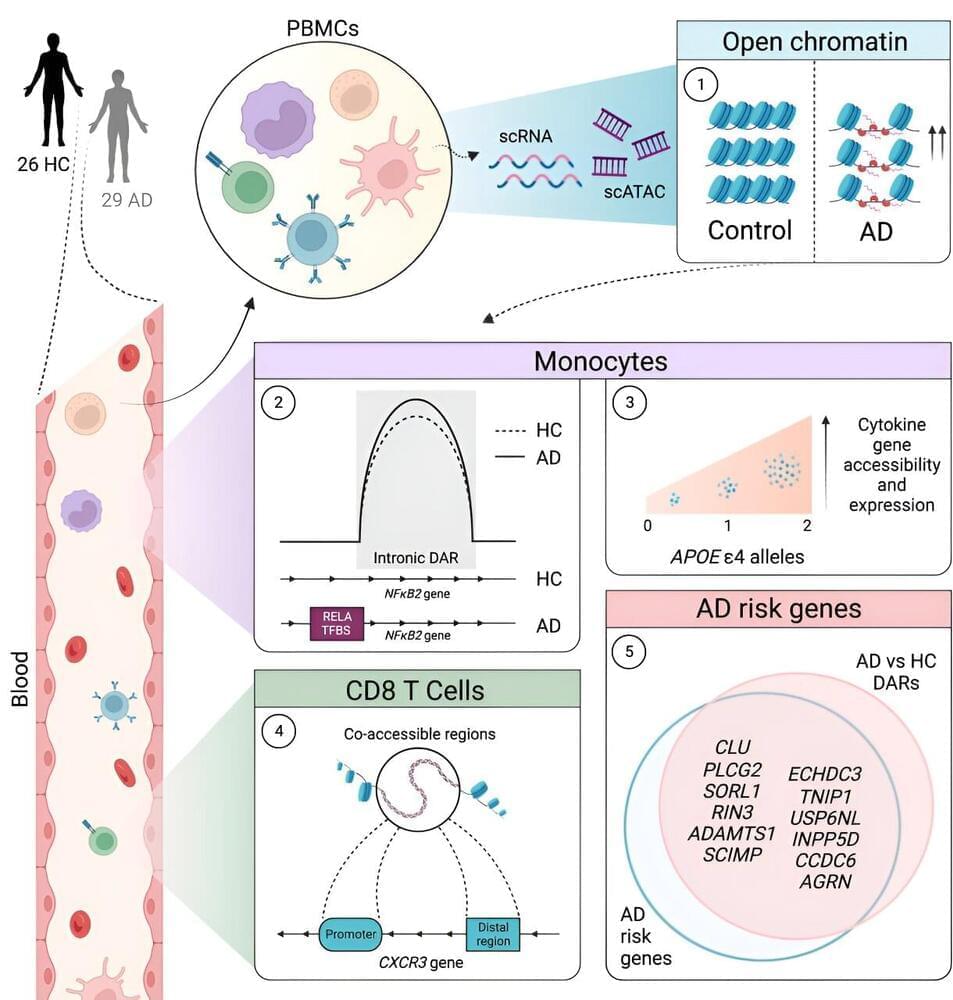Could cannabis use lead to anxiety disorders? This is what a recent study published in EClinicalMedicine hopes to address as a team of researchers led by the Ottawa Hospital Research Institute examine the connection between cannabis use and anxiety disorders by patients who have had emergency department visits. While this study was limited to Canada, it holds the potential to help researchers, legislators, and the public better understand the long-term risks of cannabis on mental health disorders throughout the world.
For the study, the researchers analyzed health records from 2008 to 2019 for 12,099,144 individuals between 10 and 105 years of age across Ontario, Canada who had no prior history of being diagnosed with an anxiety disorder from any hospital visit and compared this to the general population. In the end, the researchers found that 27.5 percent of individuals who visited a hospital for cannabis use were diagnosed with an anxiety disorder within three years of their hospital visit, whereas only 5.6 percent of the general population experienced the same. Additionally, they found that individuals who visited a hospital for cannabis use also visited a hospital for an anxiety disorder within three years of the initial hospital visit, whereas only 1.2 percent of the general population experienced the same.
“Our results suggest that individuals requiring emergency department treatment for cannabis use were both at substantially increased risk of developing a new anxiety disorder and experiencing worsening symptoms for already existing anxiety disorders,” said Dr. Daniel Myran, who is a Faculty of Medicine in the Department of Family Medicine at the University of Ottawa and lead author of the study.









